Robotic Painless Knee Replacement Surgery in Delhi: State-of-the-art surgery with Dr. Ashu Consul
Are you tired of living with knee pain? Are you considering knee replacement surgery but worried about the recovery time and potential complications? Look no further! Dr. Ashu Consul, a renowned orthopedic surgeon in Delhi, is revolutionizing the field of knee replacement surgery with his expertise in robotic painless knee replacement surgery in Delhi. He has performed more than 2500 knee replacement surgery in West Delhi.
What is Robotic Painless Knee Replacement Surgery?
Robotic painless knee replacement surgery is a minimally invasive surgical procedure that uses advanced robotic technology to replace the damaged or arthritic knee joint with an artificial one. This innovative technique allows for greater accuracy and precision, resulting in less tissue damage and trauma to the surrounding area.
Benefits of Robotic Painless Knee Replacement Surgery in West Delhi
The benefits of robotic painless knee replacement surgery in Delhi are numerous. Some of the most significant advantages include:
- Less post-operative pain: The robotic system allows for a more precise and minimally invasive incision, resulting in less tissue damage and trauma.
- Faster recovery time: With less tissue damage and trauma, patients can recover faster and get back to their daily activities sooner.
- Improved accuracy: The robotic system provides real-time data and feedback, allowing the surgeon to make precise adjustments and ensure accurate placement of the implant.
- Reduced risk of complications: The minimally invasive approach reduces the risk of complications such as infection, blood clots, and nerve damage.
How Does Robotic Knee Replacement Surgery Work?
The process of robotic knee replacement surgery in West Delhi involves several steps:
- Pre-operative planning: The surgeon uses advanced software to create a personalized 3D model of the patient’s knee joint.
- Surgery: The surgeon uses the robotic system to make a small incision and remove the damaged or arthritic joint.
- Implant placement: The surgeon uses the robotic system to accurately place the artificial joint.
- Verification: The surgeon verifies the accuracy of the implant placement using real-time data and feedback.
Who is a Candidate for Robotic Painless Knee Replacement Surgery?
Robotic knee replacement surgery in Delhi is suitable for patients who:
- Have severe knee pain: Patients who experience severe knee pain that interferes with their daily activities.
- Have tried conservative treatments: Patients who have tried conservative treatments such as physical therapy, medication, and lifestyle changes without relief.
- Are in good overall health: Patients who are in good overall health and have no underlying medical conditions that may complicate the surgery.
What to Expect During the Surgery
During the surgery, the patient will be under general anesthesia or regional anesthesia. The surgeon will make a small incision and use the robotic system to remove the damaged or arthritic joint and replace it with an artificial one.
Recovery Time and Rehabilitation
The recovery time for robotic painless knee replacement surgery in West Delhi is typically faster than traditional surgery. Patients can expect to:
- Return home within 24 hours: Patients can return home within 24 hours of the surgery.
- Resume daily activities within 2-3 weeks: Patients can return to their daily activities within 2-3 weeks.
- Full recovery within 6-8 weeks: Patients can expect to make a full recovery within 6-8 weeks.
Advantages of Robotic Painless Knee Replacement Surgery over Traditional Surgery
Robotic painless knee replacement surgery has several advantages over traditional surgery, including:
- Less post-operative pain: The robotic system allows for a more precise and minimally invasive incision, resulting in less tissue damage and trauma.
- Faster recovery time: With less tissue damage and trauma, patients can recover faster and get back to their daily activities sooner.
Common Myths and Misconceptions about Robotic Painless Knee Replacement Surgery in Delhi
There are several common myths and misconceptions about robotic painless knee replacement surgery, including:
- Myth: Robotic surgery is completely automated: Reality: The robotic system is designed to assist the surgeon, not replace them.
- Myth: Robotic surgery is only for complex cases: Reality: Robotic surgery can be used for both simple and complex cases.
Dr. Ashu Consul’s Expertise in Robotic Painless Knee Replacement Surgery in Delhi
Dr. Ashu Consul is a renowned orthopedic surgeon in Delhi with extensive experience in robotic painless knee replacement surgery. He has:
- Performed numerous robotic surgeries: Dr. Consul has performed numerous robotic surgeries with excellent results.
- Received specialized training: Dr. Consul has received specialized training in robotic surgery.
Why Choose Robotic Painless Knee Replacement Surgery in West Delhi?
Knee replacement surgery in Delhi is a common procedure for individuals suffering from chronic knee pain and limited mobility. Traditionally, this surgery has been performed manually, but recent advancements in technology have introduced robotic-assisted knee replacement, which offers several benefits:
- World-class facilities: Delhi has world-class medical facilities with state-of-the-art equipment.
- Experienced surgeons: Delhi has experienced surgeons like Dr. Ashu Consul who specialize in robotic painless knee replacement surgery.
- Precision: Robotic technology allows for highly precise and accurate placement of the knee implant, resulting in improved alignment and better long-term outcomes.
- Customization: Each patient’s knee is unique, and robotic-assisted surgery allows for a personalized approach to ensure the best fit and function of the implant.
- Minimally Invasive: Robotic surgery uses smaller incisions, resulting in less tissue damage, reduced pain, and a faster recovery time compared to traditional knee replacement surgery.
- Painless Procedure: Our team is committed to ensuring a painless experience for our patients. We employ advanced pain management techniques to minimize discomfort during and after the surgery.
Testimonials from Satisfied Patients
Don’t just take our word for it! Here’s what some of Dr. Consul’s satisfied patients have to say:
- “I was amazed at how quickly I recovered from the surgery. I was back on my feet within a week!” – Ramesh, 65
- “I was skeptical about robotic surgery, but Dr. Consul explained everything clearly and made me feel at ease.” – Sunita, 50
Conclusion
Robotic painless knee replacement surgery in West Delhi is a game-changer for patients suffering from knee pain. With its numerous benefits, including less post-operative pain, faster recovery time, and improved accuracy, it’s no wonder that more and more patients are opting for this innovative procedure. Dr. Ashu Consul’s expertise in robotic painless knee replacement surgery makes him the go-to surgeon for patients in Delhi.
Frequently Asked Questions (FAQs)
Q: Is robotic painless knee replacement surgery safe?
A: Yes, robotic painless knee replacement surgery is a safe and effective procedure. However, as with any surgery, there are risks and complications associated with it.
Q: How long does the surgery take?
A: The surgery typically takes 1-2 hours, depending on the complexity of the case.
Q: Can I return to my normal activities immediately after surgery?
A: No, you will need to follow a rehabilitation program to ensure a smooth and safe recovery.
Q: Is robotic painless knee replacement surgery covered by insurance?
A: Yes, most insurance plans cover robotic painless knee replacement surgery.
Q: Can I choose the type of implant used in the surgery?
A: Yes, Dr. Consul will discuss the different types of implants with you and help you choose the best one for your needs.

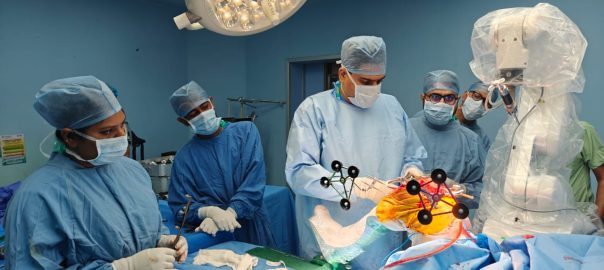
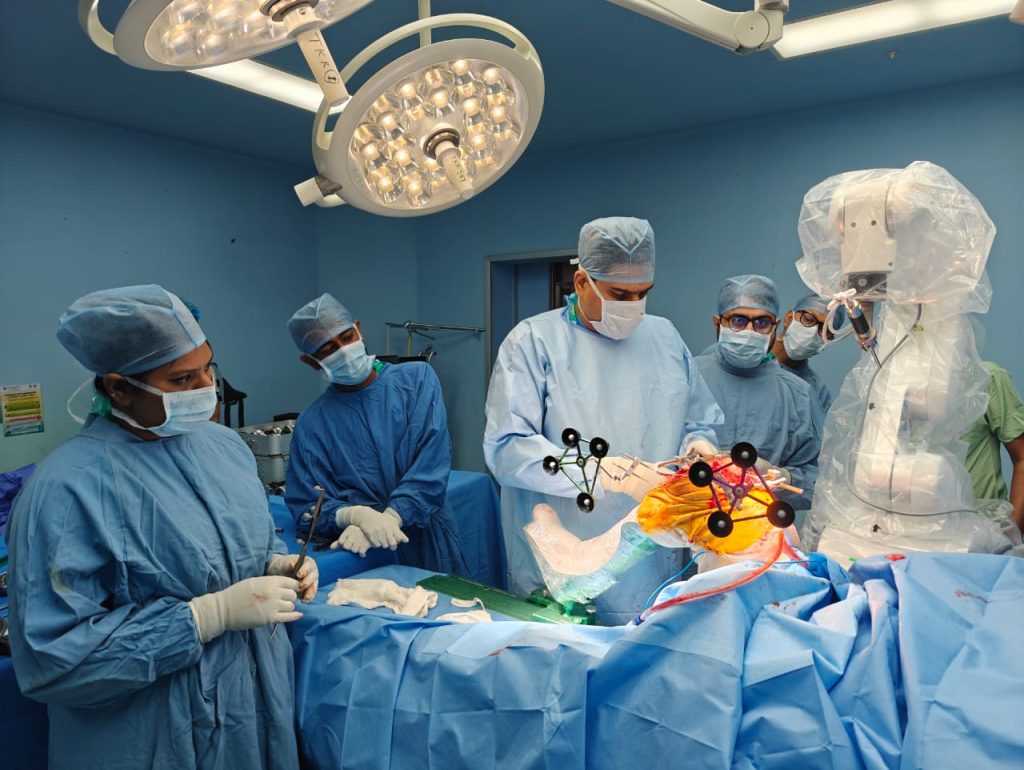
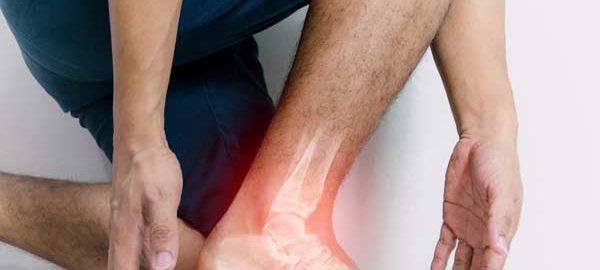
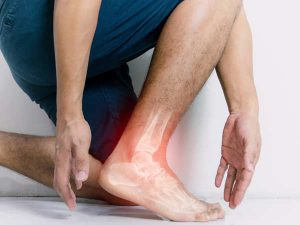 Severe ankle pain due to major joint damage can be debilitating and that’s where ankle replacement surgery in Delhi comes in. It’s an effective pain relief option and is taken up only when conservative methods of relieving pain or deformities in the ankle are unsuccessful. Multiple techniques are used for ankle replacement surgery to allow relief from pain and regain stability.
Severe ankle pain due to major joint damage can be debilitating and that’s where ankle replacement surgery in Delhi comes in. It’s an effective pain relief option and is taken up only when conservative methods of relieving pain or deformities in the ankle are unsuccessful. Multiple techniques are used for ankle replacement surgery to allow relief from pain and regain stability.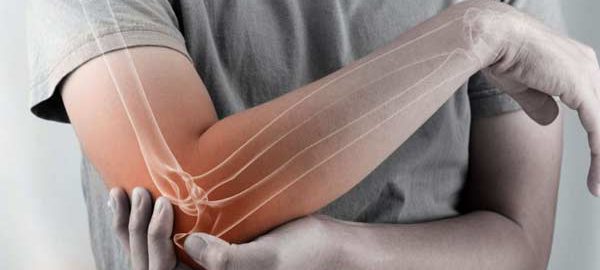


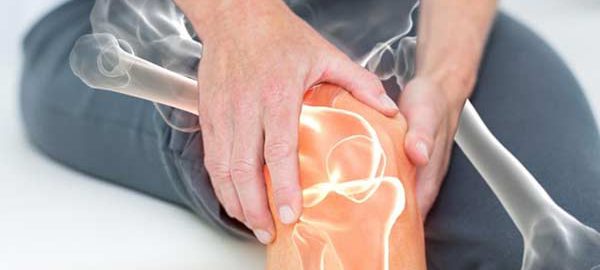
 Total Knee Replacement Surgery, also known as Total Knee Arthroplasty, is a surgical procedure where the damaged or arthritic joint surfaces of the knee are replaced with artificial components made of metal and plastic. The goal of the surgery is to alleviate pain, improve mobility, and enhance the overall quality of life.
Total Knee Replacement Surgery, also known as Total Knee Arthroplasty, is a surgical procedure where the damaged or arthritic joint surfaces of the knee are replaced with artificial components made of metal and plastic. The goal of the surgery is to alleviate pain, improve mobility, and enhance the overall quality of life.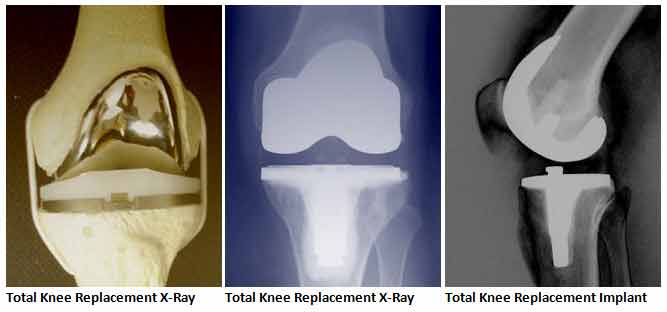

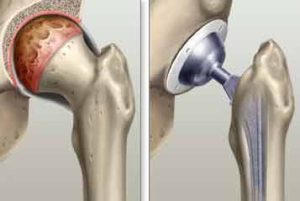 Like a natural joint, the muscles and tendons that surround it ensure the stability of the prosthesis. In some cases, the humeral head must be replaced with a prosthetic glenoid and the glenoid with a prosthetic head. This is called an inverted prosthesis. Your
Like a natural joint, the muscles and tendons that surround it ensure the stability of the prosthesis. In some cases, the humeral head must be replaced with a prosthetic glenoid and the glenoid with a prosthetic head. This is called an inverted prosthesis. Your